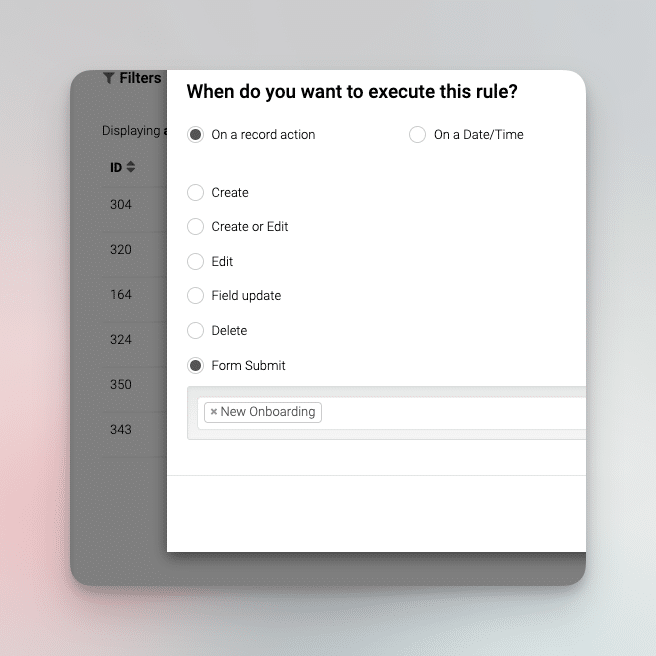How To Get A Money Transmitter License in the U.S.A?

Operating a money transfer service in the U.S. is no cakewalk. Getting a money transmitter license involves navigating a labyrinth of federal and state laws. Compliance with agencies like the Financial Crimes Enforcement Network (FinCEN) is mandatory to prevent money laundering, terrorist financing and other illicit activities.
Your Options:
- Secure your own money transmitter license.
- Partner with a licensed entity.
What is a Money Transmitter License?
A Money Transmitter License (MTL) allows businesses to legally transmit money, including digital payments and wire transfers. 49 U.S. states require an MTL, except Montana (Wikipedia). The licensing process includes meeting financial requirements such as surety bonds ranging from $25,000 to over $1 million (Wikipedia) and compliance with federal regulations like the Bank Secrecy Act (BSA) (Wolters Kluwer). Acquiring an MTL ensures compliance and enhances business credibility.
Regulatory Oversight
Securing a Money Transmitter License brings you under the microscope of state regulators. They scrutinize governance structures and internal controls to ensure client funds are in safe hands. If you don’t meet the criteria, don’t expect to get the license.
The Mandate
In the U.S., this isn’t a “nice-to-have.” It’s a must-have for almost any business involved in moving money. State-specific requirements vary, so staying updated is crucial.
How to Obtain a Money Transmitter License?
The Rigor
The licensing process is rigorous by design. Both federal and state-level regulations come into play, each setting its own financial and compliance criteria.
The Costs
Expect to secure a surety bond, often upwards of $500,000 per state. Costs are influenced by factors like your credit history. The time to secure the license isn’t fixed—it depends on the business type and operating state.
Cost Components
Application TypeEstimated CostsSurety Bonds$500,000Application FeesVariesTime InvestmentVaries
Money Transmitter License Requirements
Getting the license means adhering to Anti-Money Laundering (AML) and Know Your Customer (KYC) protocols. These are federal mandates, but states often add their spices to the mix, necessitating dual compliance.
The Investigation
After you submit your application, prepare for a deep dive into your financial sustainability and background.
Standardized Requirements Across States
- Registration: Generally starts with FinCEN.
- Financial Criteria: Audited financial statements and surety bonds are common.
- Background Checks: Expect fingerprinting and criminal record assessments.
- Compliance Programs: Must demonstrate a robust compliance program, focusing on AML and KYC.
- Ongoing Compliance: Detailed transaction records and regular reporting are par for the course.
The Application Checklist
- Multi-year business strategy.
- Audited financial statements.
- Financial records of key stakeholders.
- Background checks for control persons.
- Litigation and criminal records for the past 15 years.
Who Needs One?
If your business facilitates monetary transactions, you need this license. No minimum transaction size gives you a free pass. Size doesn’t matter; compliance does.
Types of Businesses That Need a License
- Currency Exchangers
- Check-Cashing Services
- Traveler’s Checks Issuers
- Money Order Services
- Wire Transfer Services
- Payment Processors
- Mobile Money Services
- Digital Currency Platforms
- Peer-to-Peer Transfer Services
Regulatory Compliance & Tools
Compliance isn’t just about obtaining a license; it’s an ongoing process. Companies like Fenergo offer cloud-based solutions that streamline AML and KYC compliance, making ongoing compliance less of a headache.

What’s the Damage? License Costs Explained
- Initial Application Costs: Ranges from hundreds to thousands of dollars.
- Yearly Maintenance: Typically between $250 and $1,000.
- Additional Fees: Examinations and investigations can incur extra costs.
InvestGlass: Your Ally in AML and KYC Automation with money transmission
For money transmitters and money services businesses, staying compliant with regulations like the Bank Secrecy Act at the federal level is a monumental task. The application process for money transmitter licenses is not just time-consuming but laden with complex licensing requirements. Whether you’re a payment processor dealing with various payment instruments or a money services business handling money orders and other forms of monetary value, the stakes are high. Failing to comply can result in severe penalties and can even jeopardize state licenses. The solution is also connected to third party solution to help you own licence and payment services quicker.
InvestGlass offers a streamlined solution specifically designed to automate Anti-Money Laundering (AML) and Know Your Customer (KYC) protocols. This is especially beneficial for licensed money transmitters who need to maintain ongoing compliance. Our platform integrates seamlessly with your existing systems, allowing you to offer services to consumers more efficiently while ensuring that you register and comply with all necessary regulations. InvestGlass helps you navigate the intricate maze of federal and state laws, making it easier to focus on serving your customers rather than getting bogged down in regulatory minutiae.